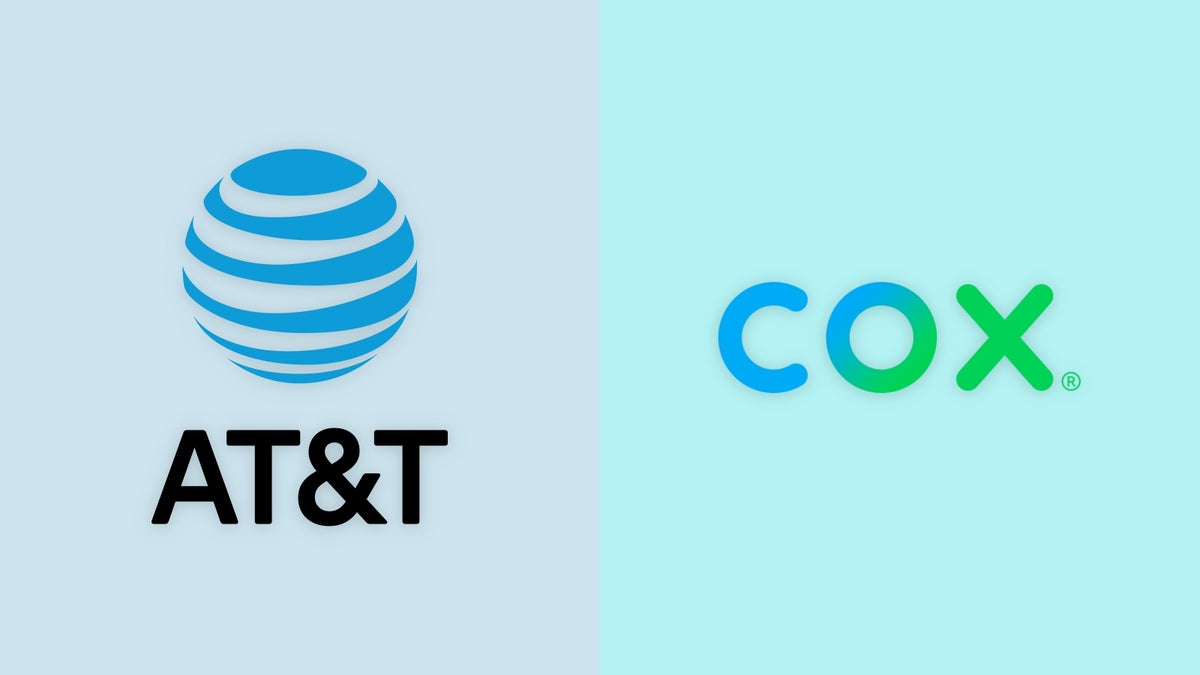AT&T calls out a rival's speed claims and gets them to walk them back

Some key advertising claims made by Cox Communications for its internet service are under scrutiny, with the National Advertising Division (NAD) recommending changes after rival AT&T raised concerns about their accuracy. The NAD, part of BBB National Programs, reviewed specific Cox Internet marketing points and suggested the company either stop using certain phrases or modify them for clarity.
First up was Cox's claim about offering "Multi Gig Speeds Everywhere." AT&T had a couple of issues with this. They felt it hinted that Cox offered super-fast multi-gig speeds for both downloads and uploads (Cox mainly provides it for downloads) and argued that these speeds weren't truly available "everywhere."
NAD looked into it and mostly found that Cox's ads didn't really imply multi-gig upload speeds were part of the deal, except for one specific TV spot. For that one ad, NAD recommended a change because there wasn't proof Cox offered multi-gig uploads.
But NAD did agree with AT&T on the "everywhere" part. To make a claim like that stick, NAD says you need evidence the service covers pretty much everyone in the areas you're advertising. Cox couldn't show its 2 Gbps service reached all customers where it advertised it, so NAD advised them to either stop saying "everywhere" or adjust the claim to clearly state where the multi-gig service is actually available.
The second point was a claim aimed at businesses: "Get into the fast lane with Cox Business and get speeds that are up to 20X faster than T-Mobile and AT&T 5G Internet." NAD noted that when people see speed comparisons, they usually expect it to be between similar types of service tiers.
The potential problem? NAD found this specific comparison could make people think AT&T's 5G internet (used in the comparison with its 100 Mbps top speed) is the fastest thing AT&T offers businesses, which is not the case in places where AT&T has much speedier fiber internet. So, the recommendation is that in markets where AT&T business fiber exists, Cox should either drop the "20X faster" claim or modify it so it doesn't imply 5G is AT&T's best offering.
Cox mentioned it doesn't fully agree with everything NAD decided but confirmed it will follow the recommendations. It really just underscores how important it is for companies to be super clear and accurate in their advertising, especially with something as technical as internet speeds. For us trying to pick the best internet service, having straightforward information definitely helps cut through the confusion between different options like fiber, cable, and 5G.
But NAD did agree with AT&T on the "everywhere" part. To make a claim like that stick, NAD says you need evidence the service covers pretty much everyone in the areas you're advertising. Cox couldn't show its 2 Gbps service reached all customers where it advertised it, so NAD advised them to either stop saying "everywhere" or adjust the claim to clearly state where the multi-gig service is actually available.
Speed comparisons get a closer look
The second point was a claim aimed at businesses: "Get into the fast lane with Cox Business and get speeds that are up to 20X faster than T-Mobile and AT&T 5G Internet." NAD noted that when people see speed comparisons, they usually expect it to be between similar types of service tiers.
I'm finding that this kind of ad review is pretty common in the competitive world of internet service and wireless providers. Cox, mainly using cable technology, is constantly competing against AT&T (which uses fiber, DSL, and 5G) and others like T-Mobile (focusing on 5G home internet). Getting the advertising right about speed and availability is crucial. Interestingly, Cox also voluntarily stopped claiming it was the "nation's fastest internet provider" based on an award during this process.
Cox is a strong supporter of self-regulation and will take NAD's recommendations into account in developing its future advertising
—Cox via its advertiser statement
Follow us on Google News














Things that are NOT allowed:
To help keep our community safe and free from spam, we apply temporary limits to newly created accounts: